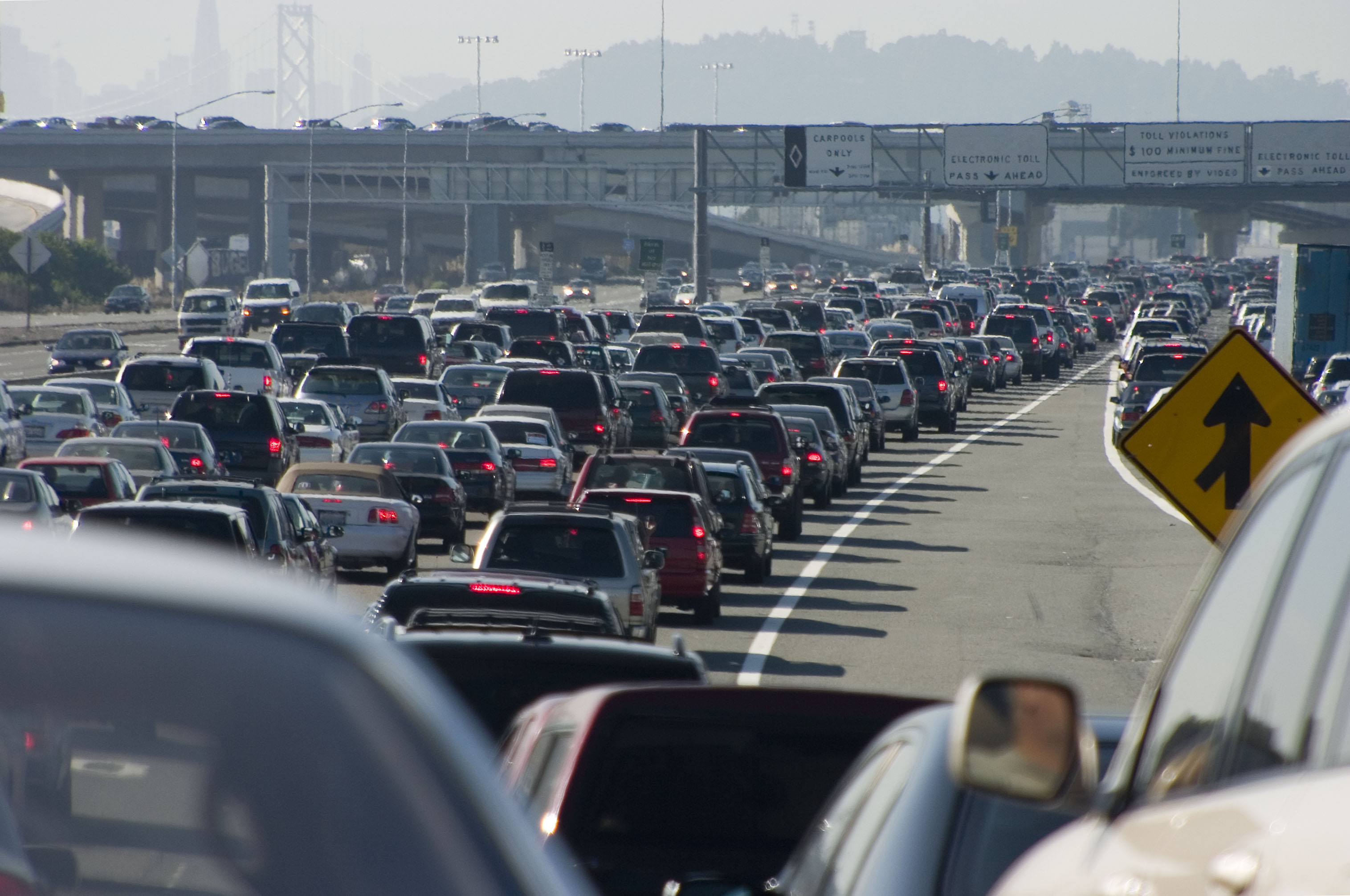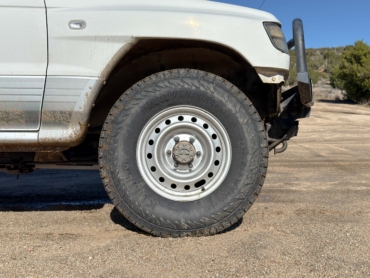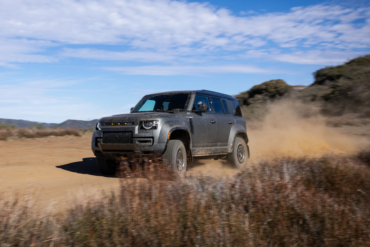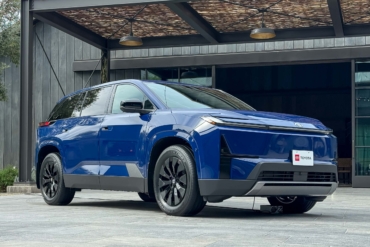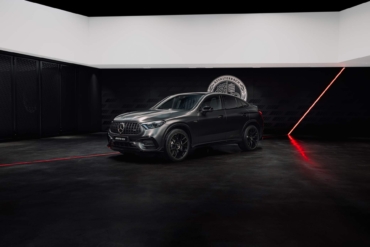Under a new rule, you won’t be able to buy a new gas-engine car in the Golden State after 2035.
On Thursday, California might enact a rule that experts said would constitute one of the world’s most important climate change policies, the New York Times reported.
The sweeping plan would prohibit the sale of all new gas-powered cars in the state by 2035. Issued by the California Air Resources Board (CARB), the measure will require that 100% of all vehicles sold in the state release no fossil fuel emissions. Currently, 12% of new vehicles sold in California have no fossil fuel emissions.
“This is huge,” Margo Oge, an electric vehicles expert who headed the Environmental Protection Agency’s transportation emissions program under Presidents Bill Clinton, George W. Bush, and Barack Obama, told the Times. “California will now be the only government in the world that mandates zero-emission vehicles. It is unique.”
The new law would also set tiered requirements for the state to hit sooner than the 2035 target. Under the legislation, 35% of new passenger vehicles sold in the state by 2026 would produce zero emissions. That requirement would climb to 68% by 2030.
Rule Joins Strong White House Climate Policy
California’s announcement emphasizes an expansive climate law President Biden signed last week. That law will invest an unprecedented $370 billion in spending and tax credits on clean energy programs. Once it’s enacted, projections indicate it will help the United States cut its emissions 40% below 2005 levels by the end of this decade, per the Times.
Alongside the law, the White House said that significantly reducing emissions will require aggressive state policies. California’s action arrives against the backdrop that it’s the largest auto market in the U.S. and often issues emissions standards other states follow.
Experts told the Times that the new state policy could cross-pollinate Washington’s approach moving forward. And “at least 12 other states” could adopt the new California mandate relatively soon, according to the Times. If those states did introduce zero-emissions standards, the Times indicated, gasoline vehicle sales restrictions would apply to about one-third of the United States’ auto market.
“The climate crisis is solvable if we focus on the big, bold steps necessary to stem the tide of carbon pollution,” California governor Gavin Newsom said in a statement.
Auto Industry Responds
Meanwhile, one auto industry expert speculated whether California’s goals are achievable. John Bozzella, president of the Alliance for Automotive Innovation, which represents large U.S. and foreign automakers, told the Times that the regulations would be “extremely challenging” to meet.
“Whether or not these requirements are realistic or achievable is directly linked to external factors like inflation, charging and fuel infrastructure, supply chains, labor, critical mineral availability and pricing, and the ongoing semiconductor shortage,” Bozzella said.
He acknowledged that automakers want more electric vehicles on roads but pointed to state and federal governments to aggressively pursue domestic lithium and cobalt mining. He also called the affordability of electric cars into question and called for equitable access to fast charging.
Legal Challenges Loom
The law joins similar international regulations but doubles down in terms of its stringency. The governments of Canada, Great Britain, and a handful of other European countries, including France, Spain, and Denmark, have set goals to phase out new gasoline-powered vehicle sales between 2030 and 2040. However, none introduce concrete mandates like the California rule.
The Biden administration paved the way for the state to implement the rule, and it does face political headwinds. Recently restoring a Clean Air Act waiver gave California the legal authority to set its own auto pollution rules that could be tighter than federal standards. The policy had previously come to a halt under former President Trump.
Already, the Times reported, the attorney generals of 17 Republican-led states have sued to revoke the California waiver. If successful, their efforts would derail the new policy.
The Times reported that the lawsuit will be heard before the court considered the nation’s second-most powerful after the Supreme Court: the U.S. Court of Appeals for the District of Columbia Circuit. Officials have not yet scheduled the hearing.
For now, the California rule makes a loud statement and constitutes a landmark in a global transition to EVs. “The regulation will set the global high-water mark for the accelerated transition to electric vehicles,” said Drew Kodjak, executive director of the International Council on Clean Transportation, a research organization.
